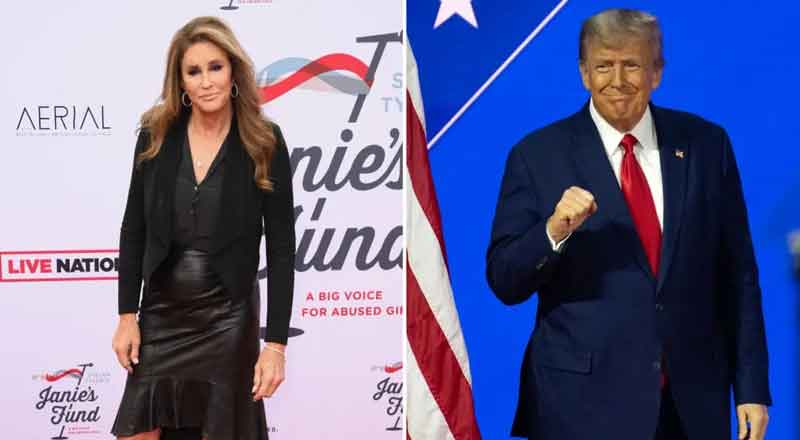Former US President Donald Trump has been hit with a revised federal indictment accusing him of attempting to overturn his 2020 election defeat. Trump called the new charges “an act of desperation” and part of an effort to revive a “dead Witch Hunt.” He claims the revised indictment has the same issues as the previous one and should be dismissed immediately.
Key Points of the Revised Indictment:
- Narrow Focus: Prosecutors have refocused their charges on Trump’s role as a political candidate seeking re-election, rather than his actions as President.
- Supreme Court Ruling: The revision follows a recent US Supreme Court decision, which held that former presidents have broad immunity from criminal prosecution for actions within their constitutional powers.
- Changes in the Indictment: The revised indictment removes a section that accused Trump of trying to use Justice Department powers to overturn the election. The Supreme Court ruled that Trump was immune from prosecution for this conduct.
Role of the Judge:
US District Judge Tanya Chutkan, of Indian origin, is set to determine which aspects of the case may be dismissed based on the Supreme Court’s decision regarding presidential immunity.
Trump’s Response:
Trump has denounced the indictment as politically motivated, arguing that it is an attempt to prevent his return to power. He emphasized that the Supreme Court’s ruling should lead to the dismissal of the entire case.
Continuing Allegations:
Despite revisions, the indictment continues to allege that Trump pressured then-Vice President Mike Pence to reject electoral votes during the certification of the election on January 6, 2021. It also references the storming of the US Capitol by Trump supporters on that date as part of the ongoing case.
The outcome of this legal battle could have significant implications as Trump seeks the Republican nomination in the upcoming election against Democratic Vice President Kamala Harris.





